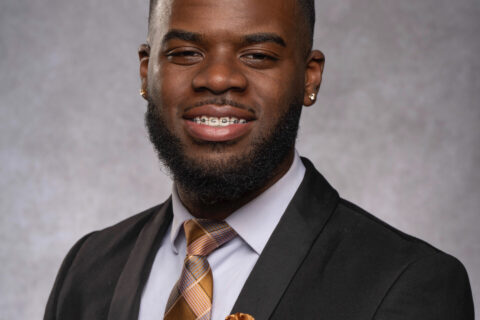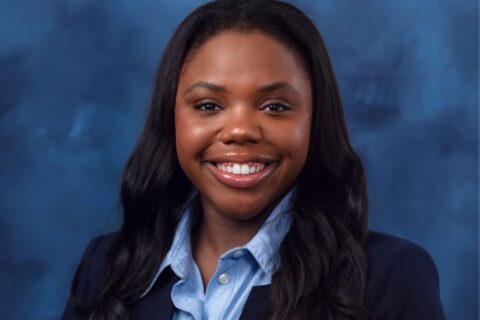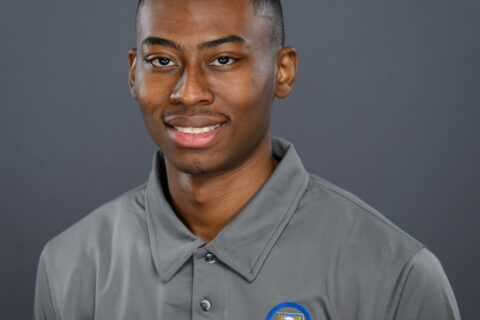
“If we are going to be part of the solution, we have to engage the problems.” — Majora Carter
Growing up I never knew that I was going to go to a predominantly white all-women’s university. Despite my issues with my institution, attending an all-women’s college has allowed my love for equality of people to grow. I’m majoring in Environmental Science due to my love for the environment and passion for studying climate change. My first experience on how climate change can affect humans, was when I took an environmentally based International Studies class my sophomore year. The class was focused on climate change around the world and how climate change can lead people to migrate from their home country. I feel that is where I found my true interest in connecting the environment on the human level perspective. However, after I took an Animal Behavior class I wanted to study animals more and decided to fly across the world to Tanzania, East Africa to study Wildlife ecology during my junior year. Even though Africa was amazing, I realized a month in that doing research on wildlife conservation was a long-term goal for me. I am passionate about large wildlife, however, I really connected with the community there and realized that there is a lot of environmental injustice that plays a big role in the conservation of wildlife animals. The whole system of wildlife conservation is very colonial, and doesn’t take into perspective the livelihoods of the different people and cultures that live within the respective areas. After coming back from Africa, I realized that I wanted to pursue my career in Environmental Justice.
My school doesn’t specify internships for minorities at my school unless it is for international students. I found an opportunity to intern at the Department of Energy in Grand Junction, Colorado. Not only was I excited to have this internship, but also the opportunity to be able to do it on the opposite side of the country. My project was based on assessing the effectiveness of a Uranium Workshop that was being presented on the Navajo Nation. I was able to speak up for a community while also being able to learn about the culture. I was able to sit be a part of the first and second Uranium Workshop, and was able to give some insightful feedback and recommendations to improve the Uranium Workshop. The MES program gave me the opportunity to direct my career choices within Environmental Justice. I am now a part of the Environmental Justice Club that runs through Pre-College University, and am excited for the new opportunities that will present themselves.



